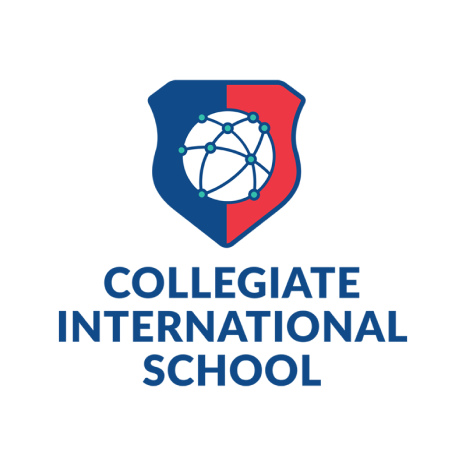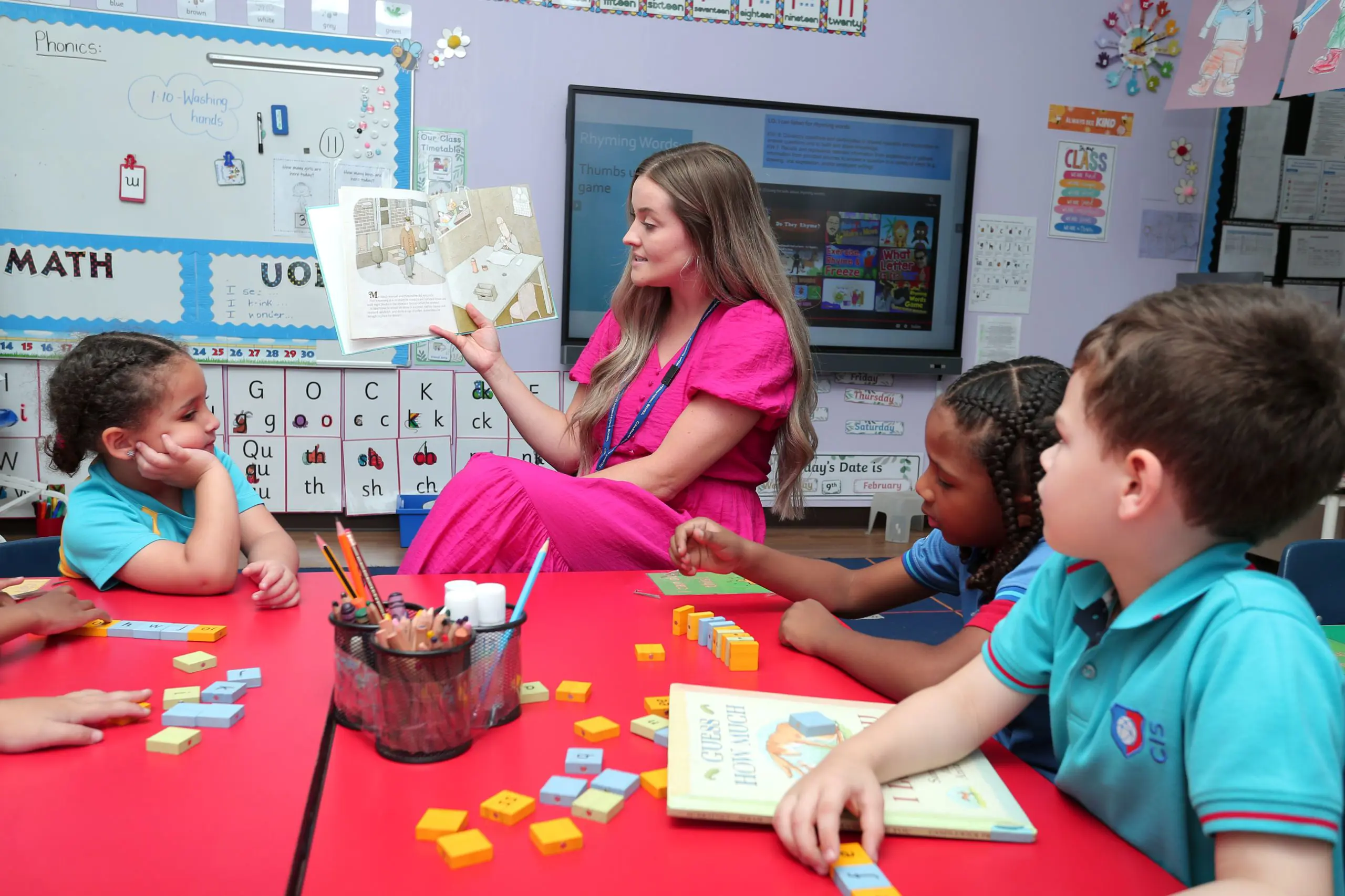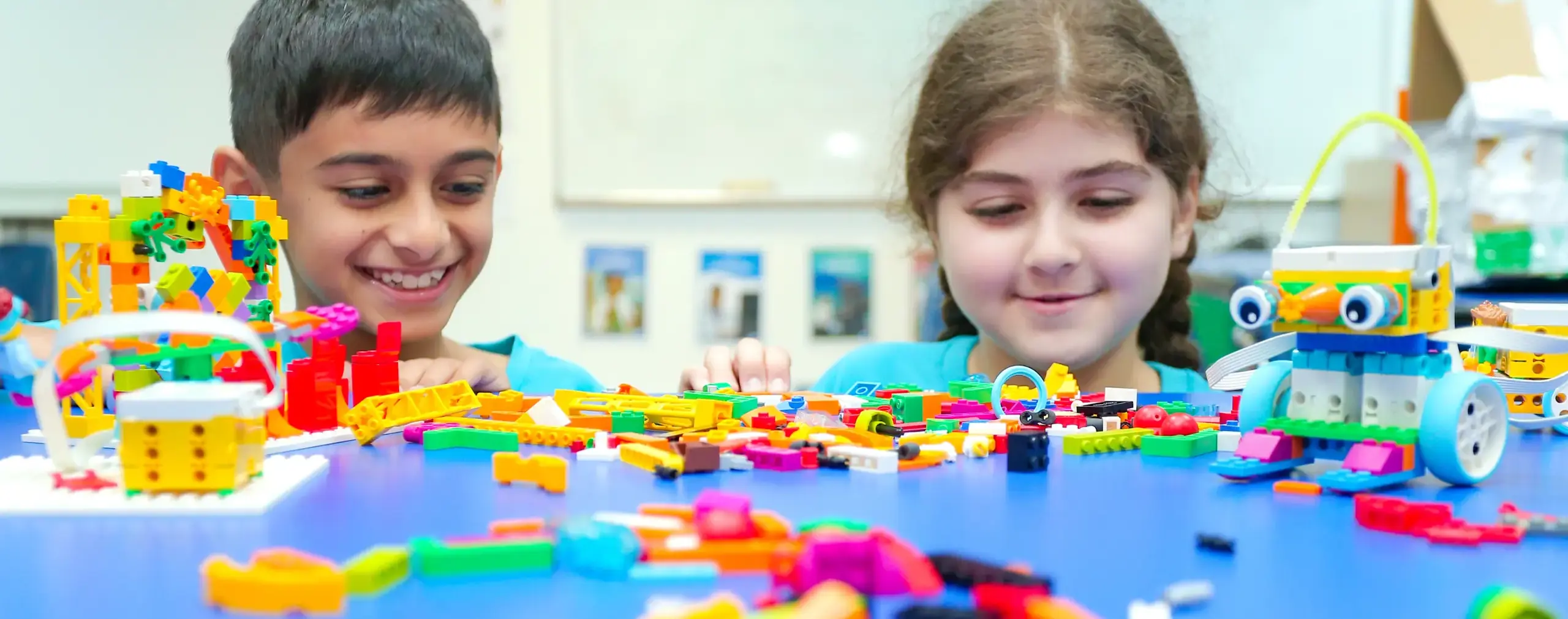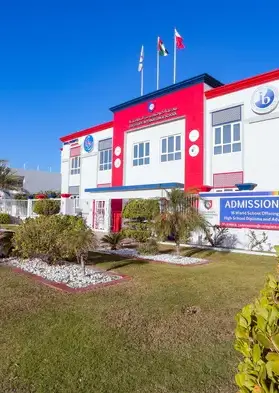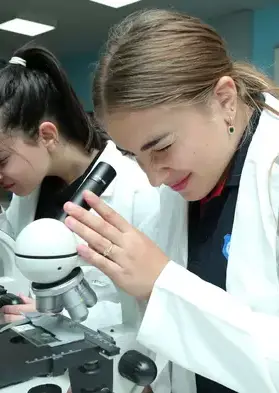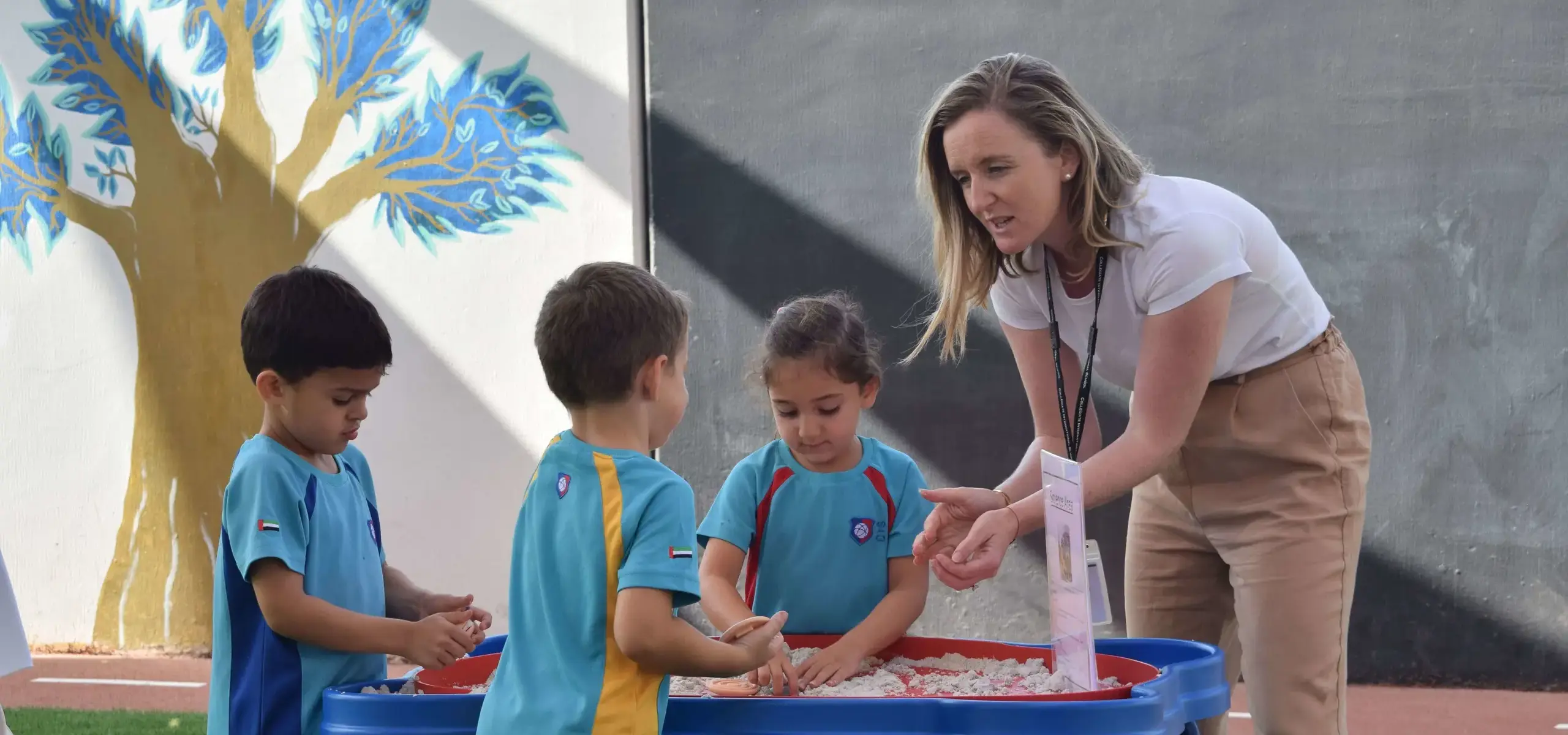Our Early Years teachers are trained, qualified and experienced in Early Childhood education.
"The play-based learning approach my daughter experiences at Collegiate International School has been a wonderful way for her to develop core learning skills while being able to follow her own curiosity in an engaging and creative learning environment"
- Ibrahim Ghunaim (Parent at CIS)
Successfully aligned to the philosophy of the IB Primary Years Programme and the New York State Standards, the Early Years Programme at Collegiate International School focuses on play-based learning through hands-on experiences that encourage your children to be active learners. This is facilitated by expert teachers who encourage students to make connections, exploring a range of different environments through play.
In our Early Years, your child will develop social, communication, self-management and thinking skills in finding answers to their questions through exploration and play. The core skills of numeracy and literacy are practices and developed throughout.
How do our Students Learn in the Early Years?
Your child will be supported by four main approaches to learning and teaching:
- Collaborative Learning: Collaborative learning in early years at CIS is a dynamic approach where children actively engage with their peers and educators to explore concepts, solve problems, and construct knowledge together. It fosters teamwork, communication, and critical thinking skills as children share ideas, perspectives, and experiences.
- Play-Based Learning: Children are encouraged to follow their own curiosities to engage in the dynamic learning environments organized by our Early Years teachers. Play-based learning approaches often combine different types of play to create a rich and engaging learning environment that caters to children's diverse interests and developmental needs.
- Focused and Personalized Learning: Personalized learning involves tailoring educational experiences to meet your child's unique needs, interests, and developmental stage. It includes individualized instruction, flexible learning environments, and differentiated activities that support various learning styles.
- Holistic Learning: Holistic learning in the early years focuses on nurturing all aspects of your child's development—physical, cognitive, social, emotional, and creative.
"The Early Years Program at Collegiate International School goes beyond students developing their understanding of phonics and numbers by fostering a love for learning in students through engaging environments and learning experiences that allow them to inquire into questions they are excited about, while as the teacher, I act as a guide for students to find answers and make real connections in their learning"
- Ms. Linda (Kindergarten 2 Teacher)


